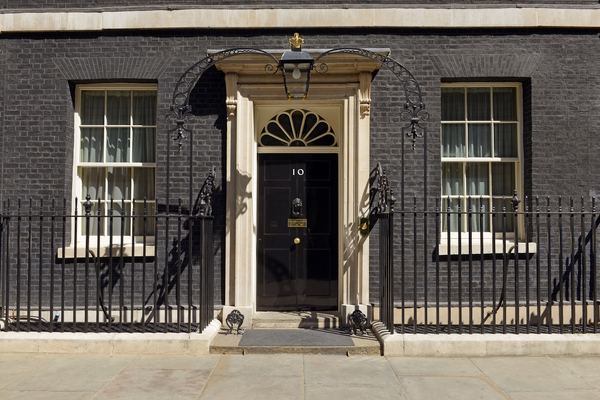FinTechTalk: Reshaping banking with Central Bank Digital Currencies
On 4 June 2024, FinTechTalk host Charles Orton-Jones was joined by Dr Ritesh Jain, Founder, Infynit; and David Gyori, CEO, Banking Reports.
What are CBDCs?
19 of the G20 have a central bank digital currency in an advanced stage of development but only a couple (China, Nigeria, the Caribbean and India) have already launched one. CBDCs are cryptocurrencies regulated by central banks. There is retail and wholesale CBDC – the retail version being the digital form of cash which is expected to substitute physical cash. The most challenging part of CBDC adoption so far seems to be customer use. In India, UPI (Unified Payments Interface) has pushed the country into the era of digital payments. In countries, however, where the digital payment infrastructure is already predominant, pitching retail CBDSs to users is more challenging. The question is whether we want to create completely cashless societies or not.
CBDCs are directly guaranteed by central banks as there are no intermediary retail banks involved. There is also a case for covering the last mile with CBDCs, where now we have private money in the form of cards, accounts and digital wallets, as they can, for example, solve the deposit insurance problem. But no matter how the story unfolds, educating people about the use and advantages of CBDCs will play a key role in large scale adoption.
The negative interest rate issue
To reinvigorate the economy, central banks lower their interest rates. However, when it is at 0.75 per cent (75 basis points negative), big corporations start withdrawing their liquidity from the banking system, which makes it hard to keep physical cash within. This may induce a bank run. A complementary approach is quantitative easing. Meanwhile, in a cashless economy, a bank run can’t happen. As a result, interest rates can go further down on the negative side, which creates unprecedented power and wriggle room for monetary policy to establish financial stability. Governments are interested in CBDCs also because a better control of the payment infrastructure can give more protection against bad actors.
While a CBDCs infrastructure can make criminals’ lives harder, there are also worries that they will give too much control to governments over who spends money on what and even who can and cannot have a bank account. Therefore, authorities in a CBDC system must exercise self-restraint and only leverage their right to monitor money movements when there is a strong case for it. CBDCs can be either blockchain or traditional ledger based – or even both at the same time, where the two systems can complement each other. In the long run, though, blockchain can become predominant. Wholesale CBDC pilot projects such as the one run by the Spanish government, are on the whole more successful than retail ones.
The reason for this is that wholesale CBDC is like what we call reserve account liquidity in the current system held by financial institutions. There are also experiments with fixed income bond payments, where the redemption of the bonds is programmed through smart contacts. Retail CBDSs must be fine tuned, so they can be on a par with bank accounts and digital wallets as, if they offer more benefits, that may trigger a bank run as well.
The panel’s advice
- A UK survey showed that 78 per cent of respondents weren’t aware of the fact that when they make a minimum payment with their credit card, they will incur a higher interest rate, which shows the low standard of financial literacy even in a developed country. So, educating customers should be top priority globally.
- In the next five years, we are going to see central banks collaborating in international projects in international organisations such as the bank for international settlement. Cashless societies, however, are unlikely to emerge within this time period.

Business Reporter Team
Most Viewed
23-29 Hendon Lane, London, N3 1RT
23-29 Hendon Lane, London, N3 1RT
020 8349 4363
© 2024, Lyonsdown Limited. Business Reporter® is a registered trademark of Lyonsdown Ltd. VAT registration number: 830519543





